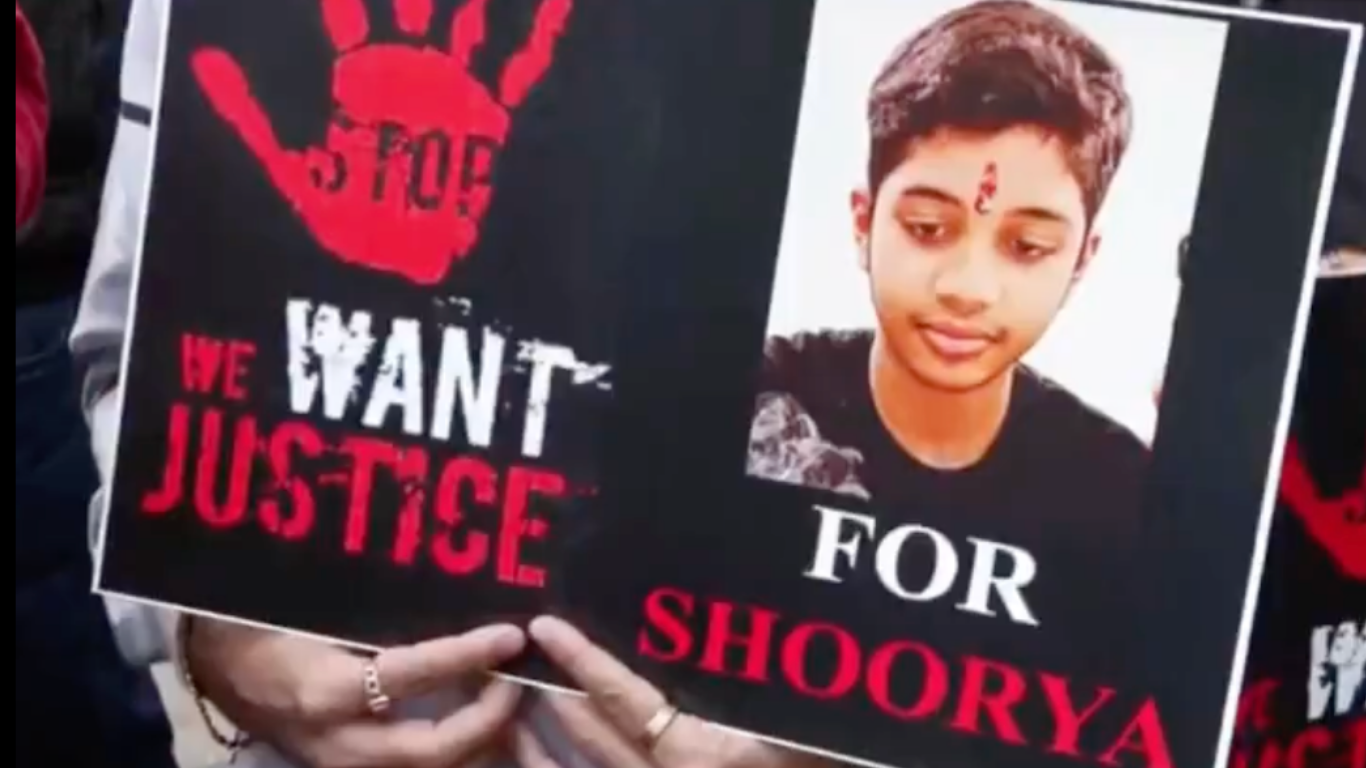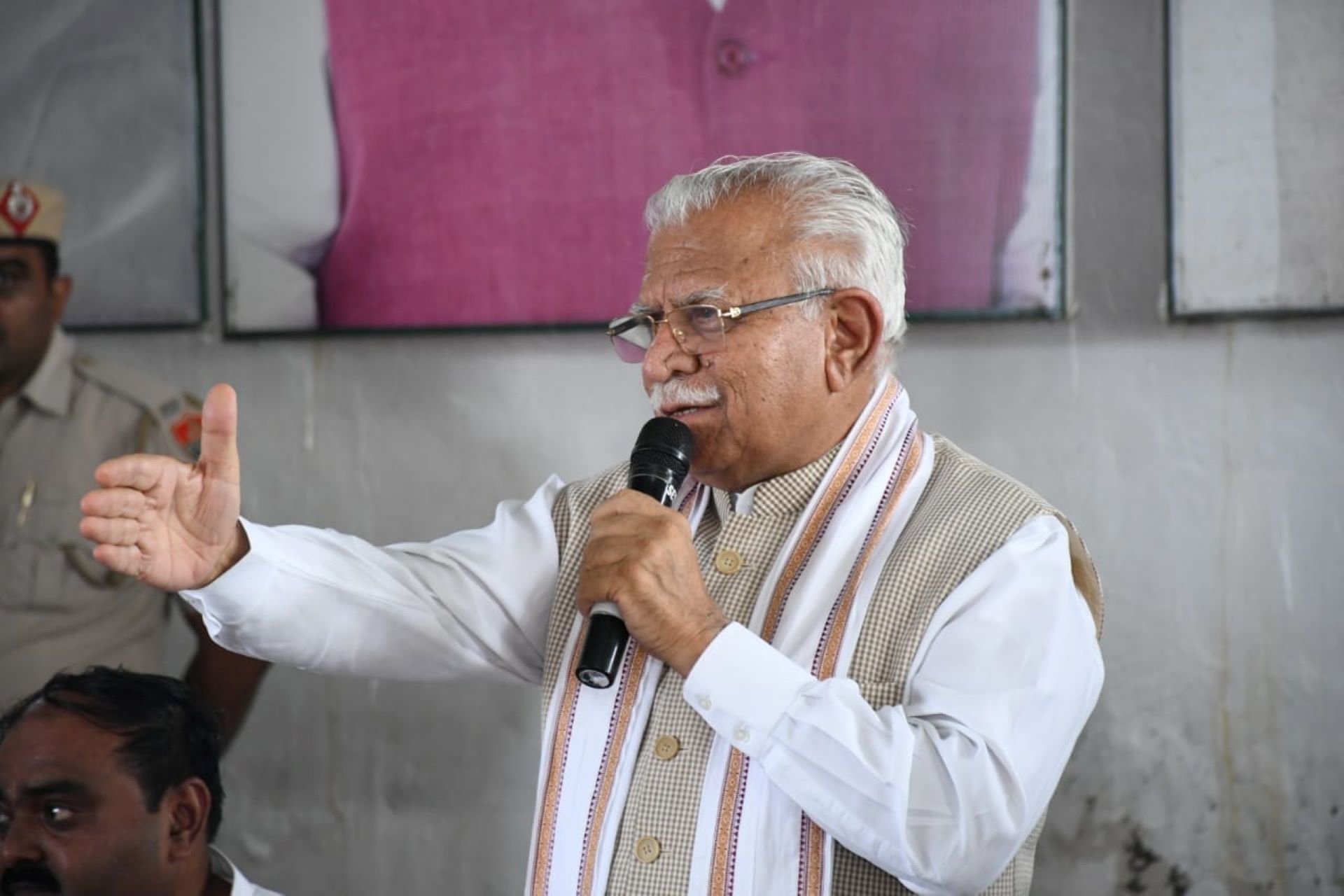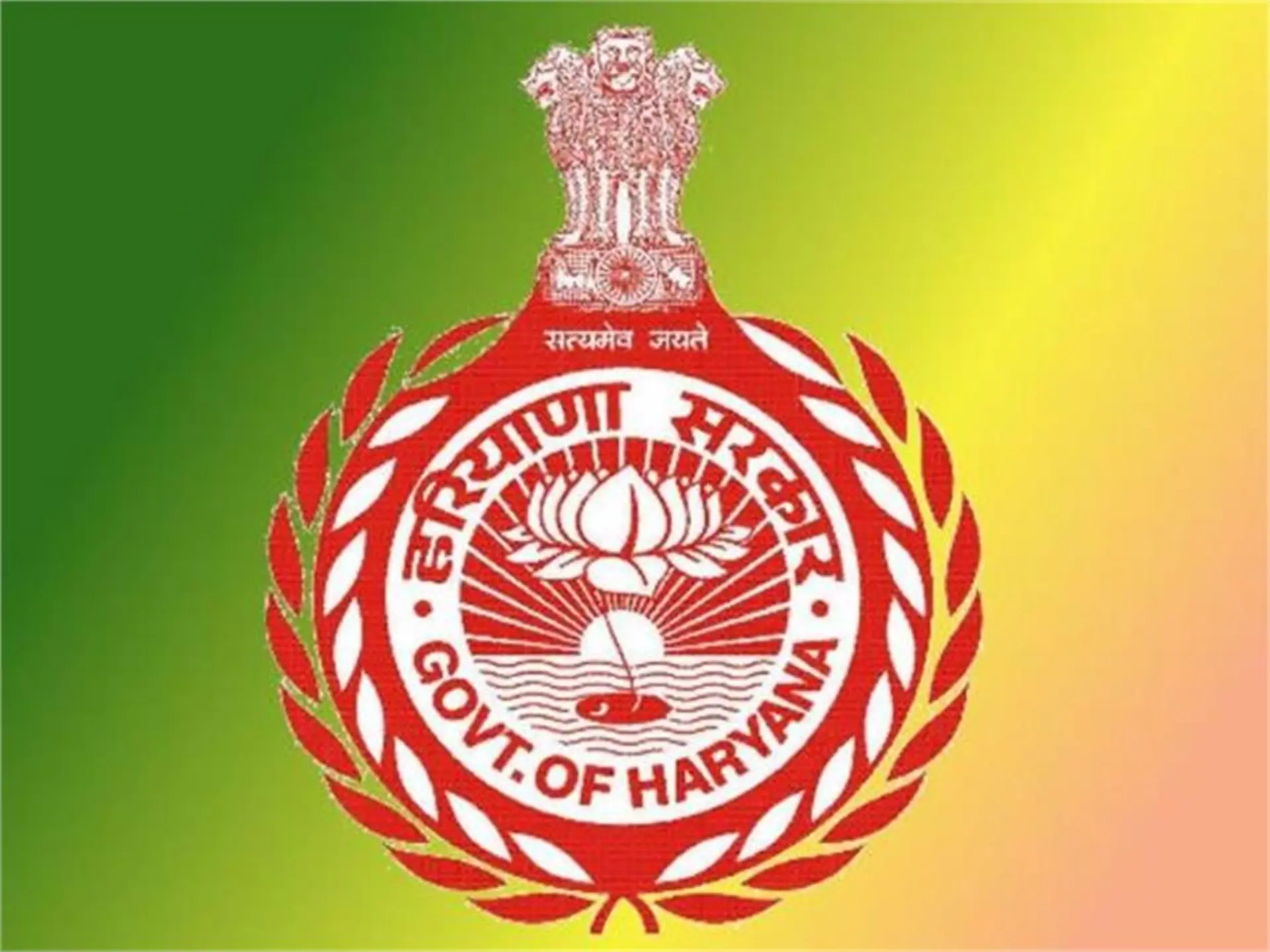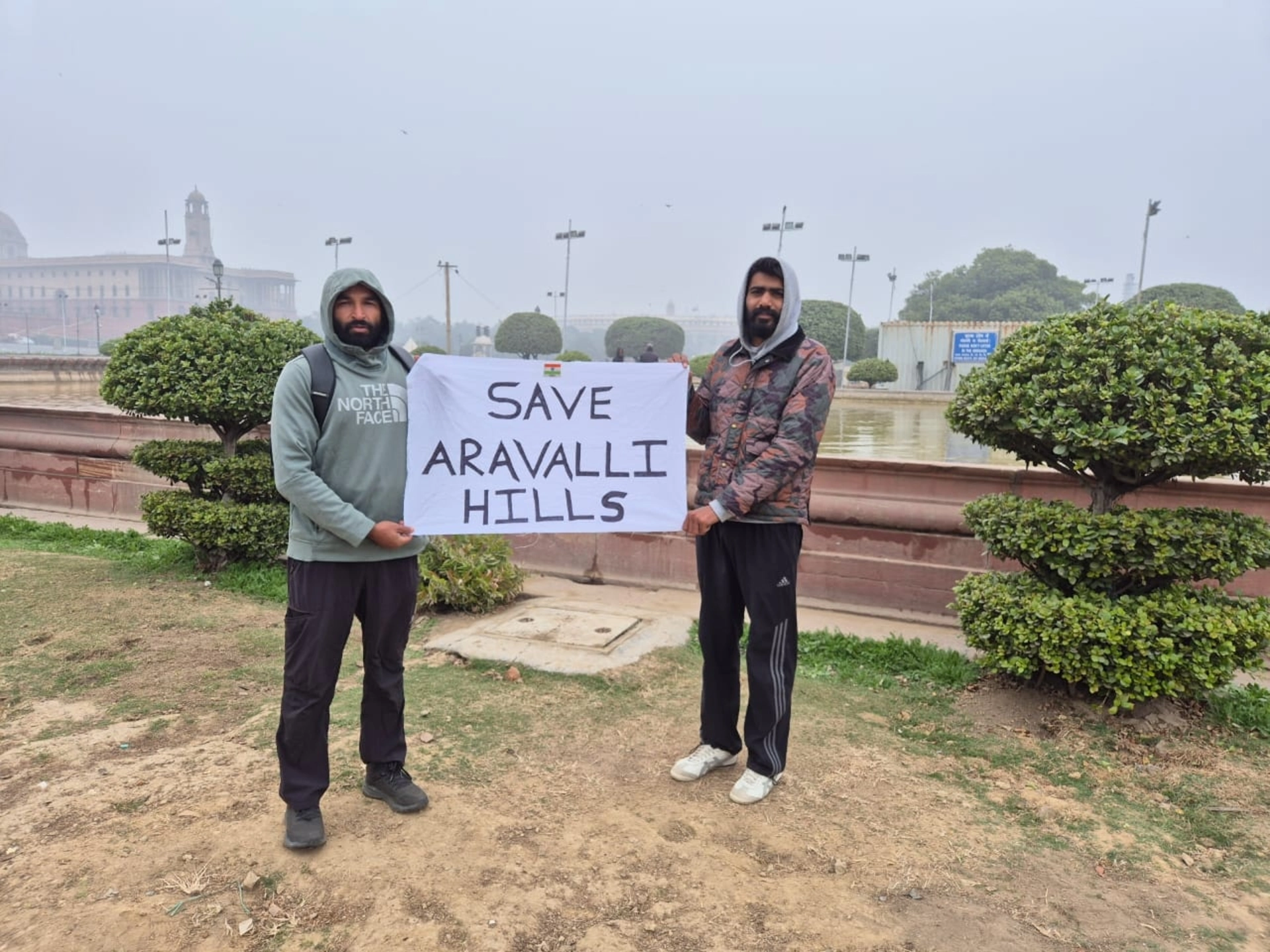
In a recent parliamentary session, an unexpected topic of discussion emerged - the marital status of Manohar Lal Khattar, former Chief Minister of Haryana and current Union Minister. The conversation, which began as a debate over naming conventions, quickly turned into a lighthearted exchange about Khattar's lifelong bachelorhood.
The incident occurred when Rajya Sabha Chairperson and Vice President Jagdeep Dhankhar addressed actress-turned-politician Jaya Bachchan as "Jaya Amitabh Bachchan." Bachchan expressed her displeasure at having her husband's name attached to hers, stating she was proud of her own name and her husband's achievements.
In response to this exchange, Bachchan suggested that if wives' names were to be added, then Minister Khattar's wife's name should also be mentioned alongside his. This comment brought attention to the fact that Khattar, unlike most Indian politicians, has never married. Khattar, known for his quick wit, responded to the suggestion with humor. He said, "For that, I'll have to wait for the next life. It's not possible before that." His response drew laughter from the assembled lawmakers and lightened the mood in the chamber.
This exchange has brought renewed attention to Khattar's unique status in Indian politics. As reported by The Haryana Story, Khattar's bachelorhood has been a topic of interest throughout his political career. Before entering politics, he was a full-time worker (pracharak) for the Rashtriya Swayamsevak Sangh (RSS), a role that often involves remaining unmarried. Khattar's journey in politics has been noteworthy. He surprised many when he was chosen as Haryana's Chief Minister in 2014, despite being relatively unknown in state politics at the time. He served two terms as Chief Minister before moving to national politics, winning a Lok Sabha seat and becoming a Union Minister.
During his tenure as Chief Minister, Khattar made headlines for some unique initiatives. He donated his ancestral home in Nindana village, Rohtak, and introduced a pension scheme for unmarried individuals aged 40-60 in Haryana. This scheme, costing an estimated 20 crore rupees per month, benefits around 71,000 unmarried and widowed individuals in the state.
The parliamentary exchange and the subsequent discussions highlight the diversity in Indian politics and the public's interest in the personal lives of their leaders. It also raises questions about societal expectations and how public figures navigate these expectations while maintaining their personal choices.
As India continues to evolve, incidents like these provide a glimpse into the changing dynamics of public life and the intersection of personal choices with political careers. Khattar's case stands out as an example of how one can reach the highest echelons of power while choosing an unconventional personal path.
The lighthearted nature of the exchange in Parliament also demonstrates how humor can be used to address potentially sensitive topics, fostering a more open and inclusive political discourse.
related

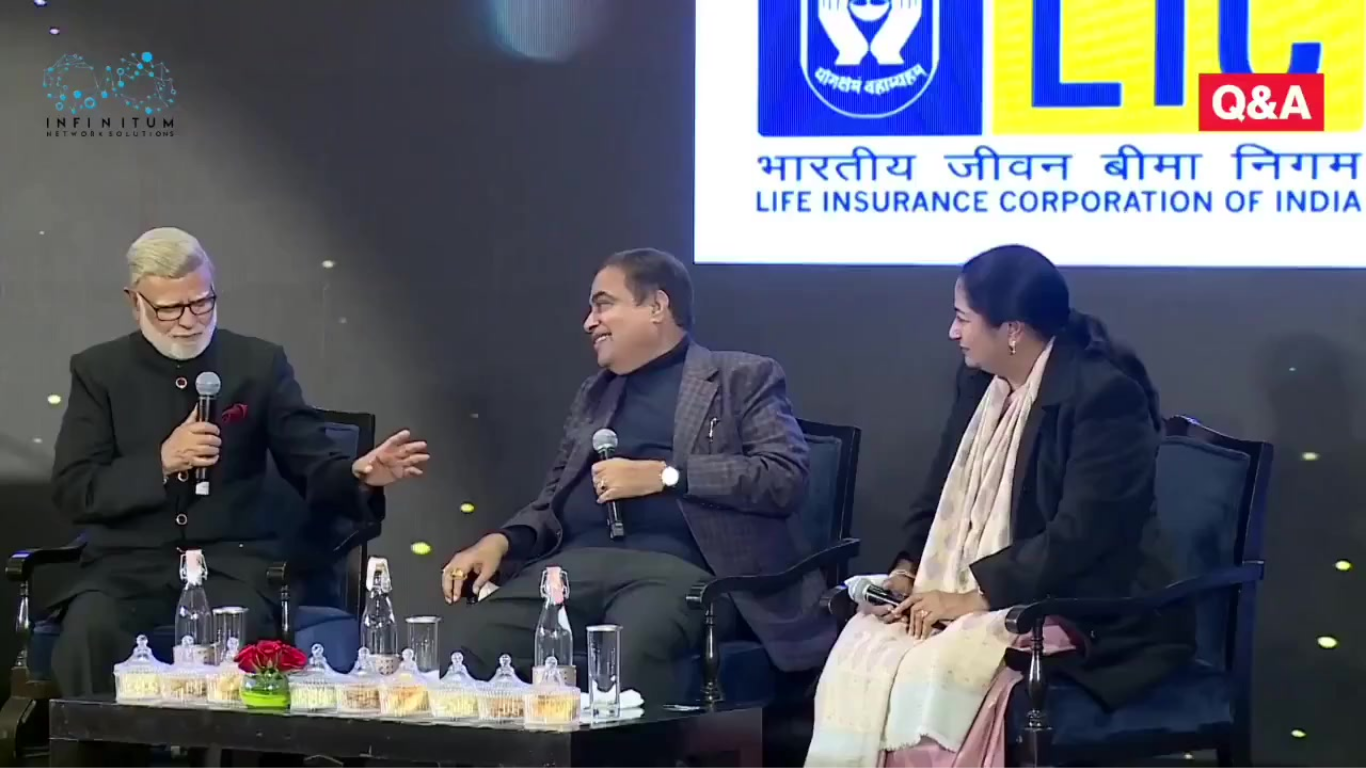
₹60,000 Crore Spent, But Gurugram Still Choked: Gadkari Deflects Infrastructure Question With Auto Industry Pitch

Laying the Strongest Foundation Education Reform Language Empowerment and India’s Path to AI Sovereignty
